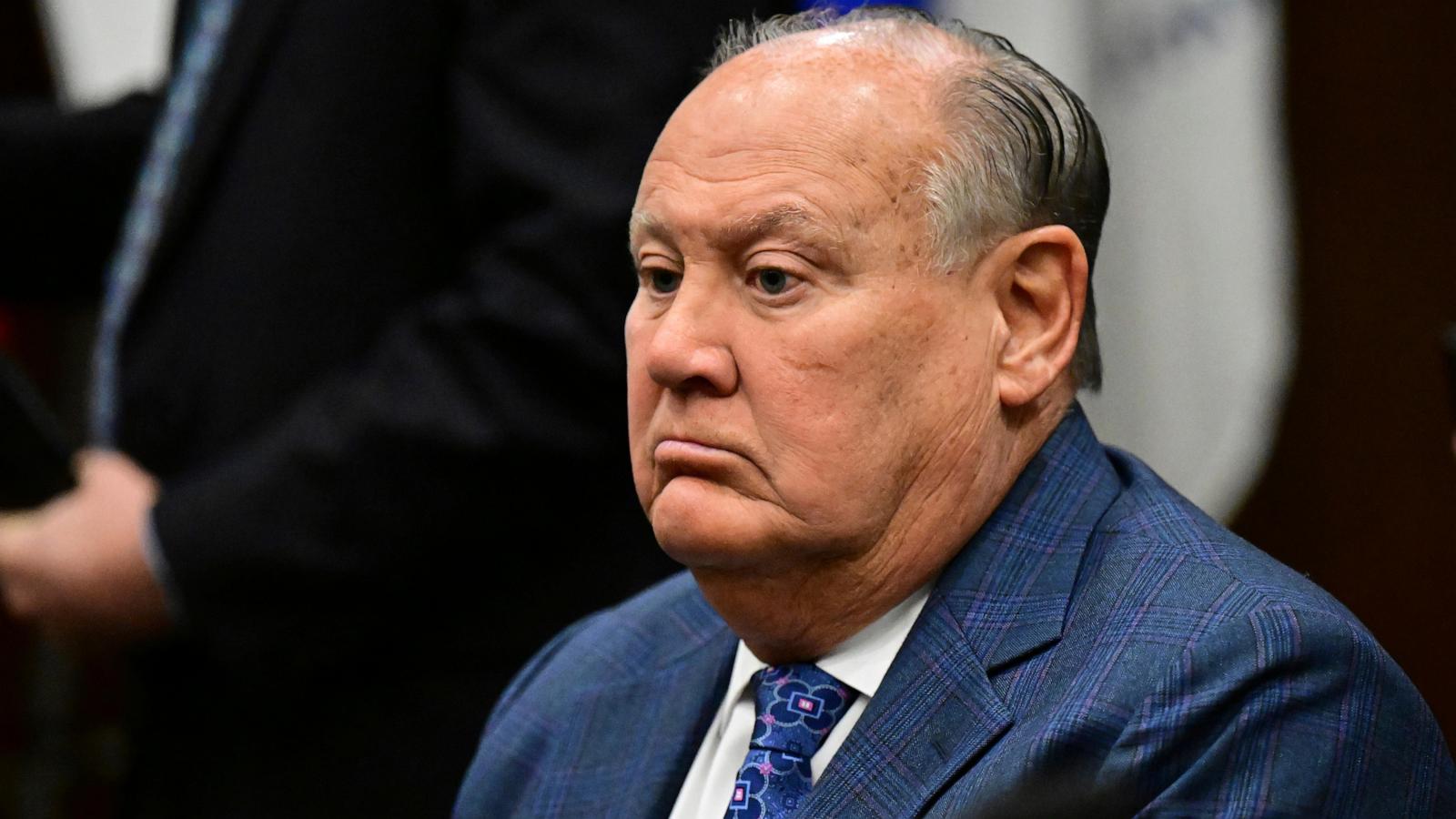$60 Million Bribery Scandal Rocks Ohio Energy Company: Ex-CEO and Top Executive Indicted
Get ready to be shocked! In a stunning turn of events that has sent ripples through the energy industry, former FirstEnergy Corp. CEO Chuck Jones and Senior Vice President Michael Dowling have been indicted on racketeering charges. This isn't just some small-time embezzlement; we're talking about a massive $60 million bribery scheme that allegedly involved bribing state officials to secure a billion-dollar bailout for the company's nuclear plants. This explosive scandal involves money laundering, obstruction of justice, and enough corporate deceit to make your head spin. Prepare to dive deep into the heart of this jaw-dropping saga.
The Unraveling of a Corporate Empire: A Bribery Scheme of Epic Proportions
The indictment, unsealed recently, lays bare a complex web of alleged bribery, money laundering, and obstruction of justice. Prosecutors claim Jones and Dowling engaged in a meticulously planned enterprise to manipulate the Ohio state government, ultimately aiming to boost FirstEnergy's stock price and line their own pockets. This wasn't some impulsive act; this was a carefully orchestrated plan, involving years of behind-the-scenes maneuvering and millions of dollars in illicit payments.
The Key Players and Their Roles
The two executives aren't the only ones caught in this web of deceit. Former Ohio House Speaker Larry Householder, already serving a lengthy prison sentence, played a pivotal role. Prosecutors allege that he was a key player in the scheme, receiving millions of dollars in illicit funds in exchange for his cooperation. The intricate network of relationships and financial transactions involved makes it one of the most complex bribery scandals in recent history. The investigation sheds light on how powerful figures can use their influence to manipulate political processes and undermine public trust.
The Fallout: Legal Ramifications and Financial Penalties
This scandal hasn't just resulted in criminal indictments. FirstEnergy itself was slapped with a $100 million civil penalty by the SEC for misleading investors. Additionally, they paid another $20 million to state prosecutors to avoid further criminal charges. That’s not all. To avoid a federal conspiracy charge, the company agreed to a deferred prosecution agreement and coughed up a staggering $230 million in penalties! It seems that corruption comes at a steep price.
Unmasking the Corruption: The Mechanics of the Scheme
How exactly did they pull off such an audacious scheme? Prosecutors detail how money, secretly funneled from FirstEnergy, was used to bankroll Householder’s campaigns and to help elect his allies. This financial injection essentially bought influence in the state legislature, ensuring the passage of the bailout legislation and thwarting any efforts at repeal.
Money, Politics, and the Perversion of the System
This case serves as a grim reminder of how money can corrupt the political system. The sheer scale of the bribery scheme underscores the urgent need for tighter regulations and more transparent financial disclosures in the political arena. This case raises concerns about loopholes that wealthy and powerful figures exploit. These are issues we desperately need to address and reform to ensure a level playing field for all and to protect democracy.
Householder's Downfall and the Long Shadow of Corruption
The 20-year sentence given to Householder, a high-profile political figure, is a powerful testament to the seriousness of his actions. It emphasizes the far-reaching consequences of participating in such schemes. Householder’s conviction serves as a warning to those who may think they can manipulate systems without consequences.
The Lingering Questions: What This Means for the Future
The indictments of Jones and Dowling raise several questions. Will they face the full weight of the law? What reforms, if any, will be put in place to prevent future corruption of this kind? How will investors respond to further revelations surrounding FirstEnergy's deceptive activities? The answers to these questions will determine not just the outcome for these specific individuals but also the future of energy governance and investor confidence in the industry. The implications of this case will resonate far beyond Ohio's borders, signaling the importance of stricter enforcement in regards to ethics and financial accountability.
Lessons Learned and the Need for Reform
This scandal provides a critical lesson about the dangers of unchecked political influence. It highlights how corporate power, combined with the possibility of leveraging corruption for profit, can lead to devastating consequences. The outcome emphasizes a growing need for comprehensive legislative reforms designed to prevent this level of deception from occurring again. Stronger regulatory measures must be taken to ensure transparency and eliminate incentives for this kind of corporate greed and blatant corruption.
Take Away Points
- The FirstEnergy bribery scandal is a shocking example of corporate greed and political corruption.
- The indictments of Chuck Jones and Michael Dowling signify the gravity of their alleged actions.
- The 20-year sentence handed to former Ohio House Speaker Larry Householder reflects the significant consequences for those who engage in such schemes.
- The case emphasizes the urgent need for regulatory reforms in the energy sector and a more rigorous approach to fighting political corruption. The long-term impacts will reshape policies regarding ethics and oversight, ensuring stricter accounting practices and more robust measures designed to detect and prevent similar actions.




